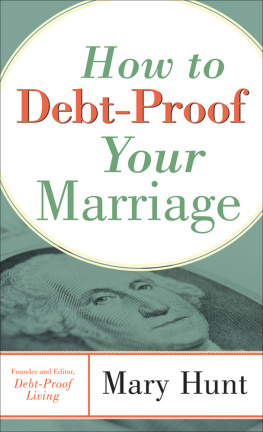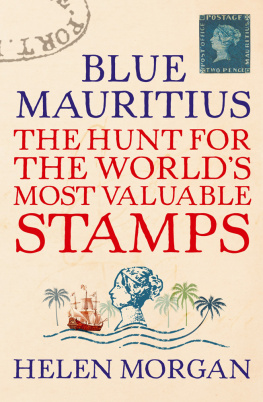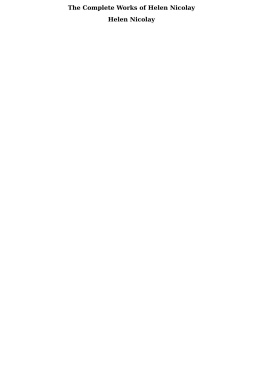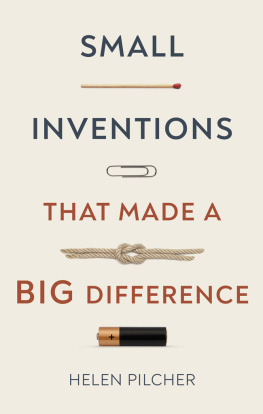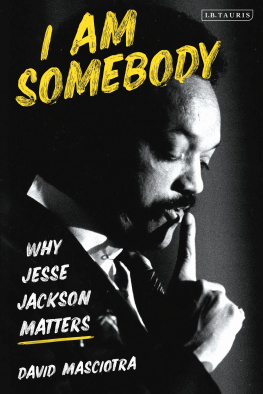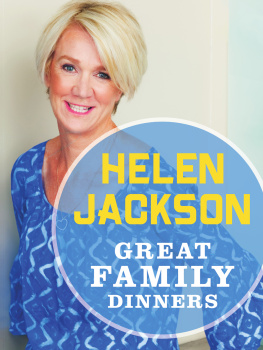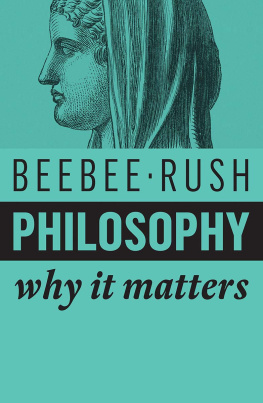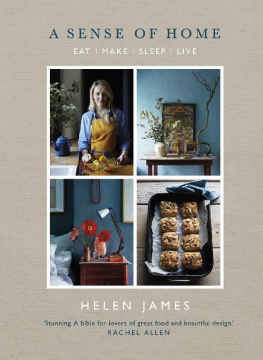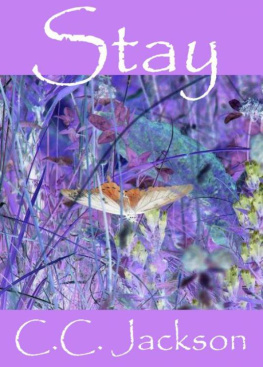Bits About Home Matters.
Contents.
The Inhumanities of Parents--Corporal Punishment.
Not long ago a Presbyterian minister in Western New York whipped his three-year-old boy to death, for refusing to say his prayers. The little fingers were broken; the tender flesh was bruised and actually mangled; strong men wept when they looked on the body; and the reverend murderer, after having been set free on bail, was glad to return and take refuge within the walls of his prison, to escape summary punishment at the hands of an outraged community. At the bare mention of such cruelty, every heart grew sick and faint; men and women were dumb with horror: only tears and a hot demand for instant retaliation availed.
The question whether, after all, that baby martyr were not fortunate among his fellows, would, no doubt, be met by resentful astonishment. But it is a question which may well be asked, may well be pondered. Heart-rending as it is to think for an instant of the agonies which the poor child must have borne for some hours after his infant brain was too bewildered by terror and pain to understand what was required of him, it still cannot fail to occur to deeper reflection that the torture was short and small in comparison with what the next ten years might have held for him if he had lived. To earn entrance on the spiritual life by the briefest possible experience of the physical, is always "greater gain;" but how emphatically is it so when the conditions of life upon earth are sure to be unfavorable!
If it were possible in any way to get a statistical summing-up and a tangible presentation of the amount of physical pain inflicted by parents on children under twelve years of age, the most callous-hearted would be surprised and shocked. If it were possible to add to this estimate an accurate and scientific demonstration of the extent to which such pain, by weakening the nervous system and exhausting its capacity to resist disease, diminishes children's chances for life, the world would stand aghast.
Too little has been said upon this point. The opponents of corporal punishment usually approach the subject either from the sentimental or the moral standpoint. The argument on either of these grounds can be made strong enough, one would suppose, to paralyze every hand lifted to strike a child. But the question of the direct and lasting physical effect of blows--even of one blow on the delicate tissues of a child's body, on the frail and trembling nerves, on the sensitive organization which is trying, under a thousand unfavoring conditions, to adjust itself to the hard work of both living and growing--has yet to be properly considered.
Every one knows the sudden sense of insupportable pain, sometimes producing even dizziness and nausea, which follows the accidental hitting of the ankle or elbow against a hard substance. It does not need that the blow be very hard to bring involuntary tears to adult eyes. But what is such a pain as this, in comparison with the pain of a dozen or more quick tingling blows from a heavy hand on flesh which is, which must be as much more sensitive than ours, as are the souls which dwell in it purer than ours. Add to this physical pain the overwhelming terror which only utter helplessness can feel, and which is the most recognizable quality in the cry of a very young child under whipping; add the instinctive sense of disgrace, of outrage, which often keeps the older child stubborn and still through-out,--and you have an amount and an intensity of suffering from which even tried nerves might shrink. Again, who does not know--at least, what woman does not know--that violent weeping, for even a very short time, is quite enough to cause a feeling of languor and depression, of nervous exhaustion for a whole day? Yet it does not seem to occur to mothers that little children must feel this, in proportion to the length of time and violence of their crying, far more than grown people. Who has not often seen a poor child receive, within an hour or two of the first whipping, a second one, for some small ebullition of nervous irritability, which was simply inevitable from its spent and worn condition?
It is safe to say that in families where whipping is regularly recognized as a punishment, few children under ten years of age, and of average behavior, have less than one whipping a week. Sometimes they have more, sometimes the whipping is very severe. Thus you have in one short year sixty or seventy occasions on which for a greater or less time, say from one to three hours, the child's nervous system is subjected to a tremendous strain from the effect of terror and physical pain combined with long crying. Will any physician tell us that this fact is not an element in that child's physical condition at the end of that year? Will any physician dare to say that there may not be, in that child's life, crises when the issues of life and death will be so equally balanced that the tenth part of the nervous force lost in such fits of crying, and in the endurance of such pain, could turn the scale?
Nature's retributions, like her rewards, are cumulative. Because her sentences against evil works are not executed speedily, therefore the hearts of the sons of men are fully set in them to do evil. But the sentence always is executed, sooner or later, and that inexorably. Your son, O unthinking mother! may fall by the way in the full prime of his manhood, for lack of that strength which his infancy spent in enduring your hasty and severe punishments.
It is easy to say,--and universally is said,--by people who cling to the old and fight against the new, "All this outcry about corporal punishment is sentimental nonsense. The world is full of men and women, who have grown up strong and good, in spite of whippings; and as for me, I know I never had any more whipping than I deserved, or than was good for me."
Are you then so strong and clear and pure in your physical and spiritual nature and life, that you are sure no different training could have made either your body or your soul better? Are these men and women, of whom the world is full, so able-bodied, whole-souled, strong-minded, that you think it needless to look about for any method of making the next generation better? Above all, do you believe that it is a part of the legitimate outworking of God's plan and intent in creating human beings to have more than one-half of them die in childhood? If we are not to believe that this fearful mortality is a part of God's plan, is it wise to refuse to consider all possibilities, even those seemingly most remote, of diminishing it?
No argument is so hard to meet (simply because it is not an argument) as the assumption of the good and propriety of "the thing that hath been." It is one of the devil's best sophistries, by which he keeps good people undisturbed in doing the things he likes. It has been in all ages the bulwark behind which evils have made stand, and have slain their thousands. It is the last enemy which shall be destroyed. It is the only real support of the cruel evil of corporal punishment.
Suppose that such punishment of children had been unheard of till now. Suppose that the idea had yesterday been suggested for the first time that by inflicting physical pain on a child's body you might make him recollect certain truths; and suppose that instead of whipping, a very moderate and harmless degree of pricking with pins or cutting with knives or burning with fire had been suggested. Would not fathers and mothers have cried out all over the land at the inhumanity of the idea?



